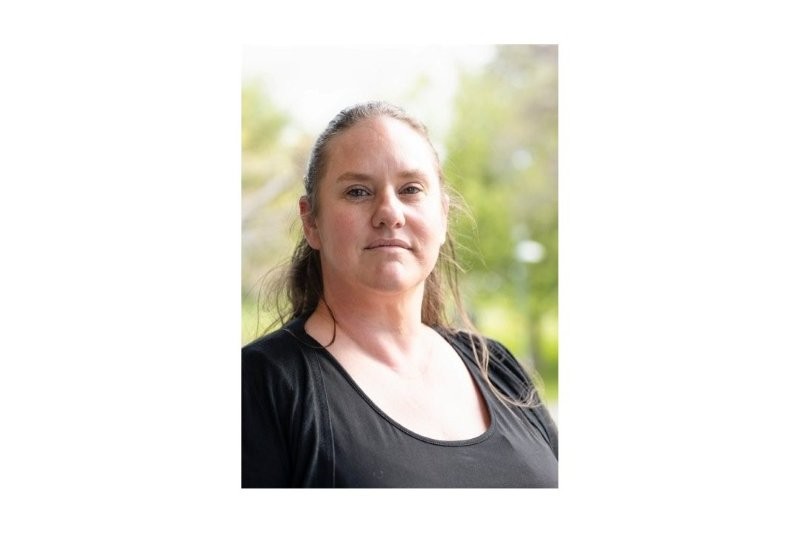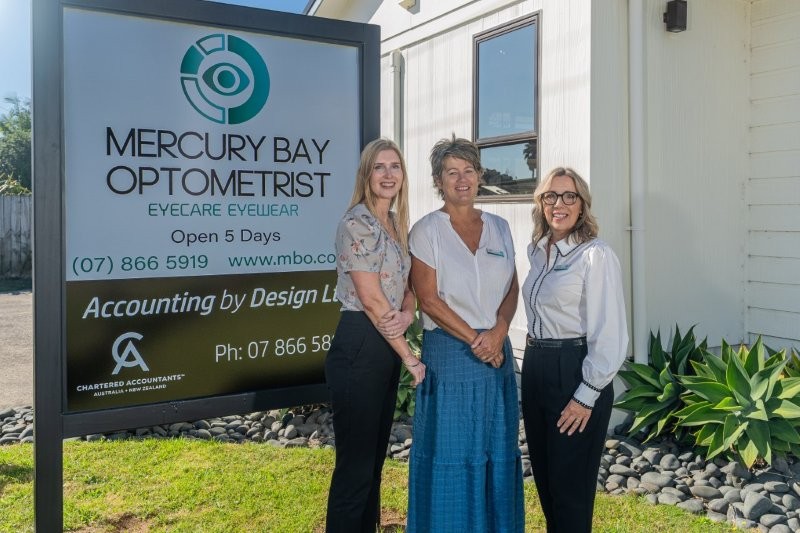Embarking on an ambitious sustainability journey
Joining thousands of businesses across the globe, Specsavers ANZ is embarking on an ambitious sustainability journey, vowing to achieve net-zero carbon emissions by 2050 at the latest. It has also committed to a 2030 interim goal, supported by emissions reductions and off-setting, to remove more CO2 from the atmosphere than it puts in.
Overseeing the delivery of the programme for Australia and New Zealand is Cathy Rennie Matos, Specsavers ANZ’s first head of sustainability. Specsavers’ mission is still to make a difference to people’s lives through better sight and more recently through better hearing, but now with the added dimension of sustainability, she said. “We want to continue to deliver on our mission and grow sustainably, in a way that is good for our people, good for our communities and good for the planet.”
To achieve these goals, Specsavers is joining the Science Based Target initiative (SBTi)*, a globally recognised enterprise urging companies to lower emissions in line with the 2015 Paris Agreement. “To help us achieve this globally, we will use the SBTi to credibly measure and monitor our carbon-reduction plans within our own operations as well as our purchased goods and services,” said Matos. Within the initiative, emissions are divided into scopes 1 and 2, dealing with emissions generated directly by an organisation, for example through transport and energy consumption; and scope 3, which includes upstream and downstream indirect emissions in an organisation’s value chain not already covered by scopes 1 and 2.
Carbon collaboration
For about 95% of companies in the optical industry, including Specsavers, scope 3 will account for roughly 90% of emissions, said Matos. “Hence, tackling scope 3 emissions becomes essential for successful emissions reduction strategies. We’re just in the early stages of supplier engagement but it’s already quite clear it needs to be a collaborative effort. We all need to support each other.”
In her experience people are now more interested and open to share learnings with each other, she said. “It’s everybody together, doing the right thing, that will ultimately get us to where we collectively need to get to.” And there is strong support for the initiative among Specsavers’ partners, she said. “Our partners share our belief that this is how we create a sustainable future for our individual businesses and as a whole, globally.”
For independent practitioners interested in achieving a sustainable practice, Matos suggested identifying their business’ biggest environmental impacts. “Engage your team members and have conversations around what you can do, and start small. Break it down into achievable activities, addressing one thing at a time. If you do that, it will soon start to gather momentum and your team will be off looking for the next thing.”
*The SBTi is a partnership between CDP (Carbon Disclosure Project), the United Nations Global Compact, World Resources Institute and the World Wide Fund for Nature. Globally, 5,234 companies have committed to its programme for zero-carbon transformation. For more, see https://sciencebasedtargets.org/





















